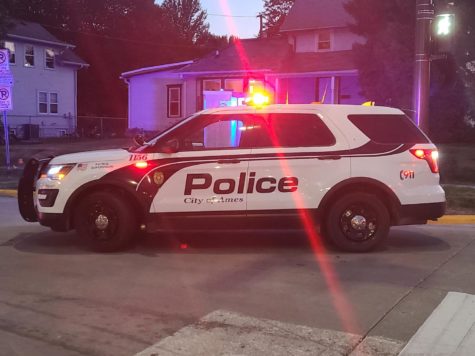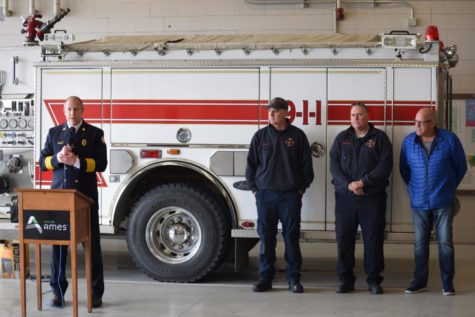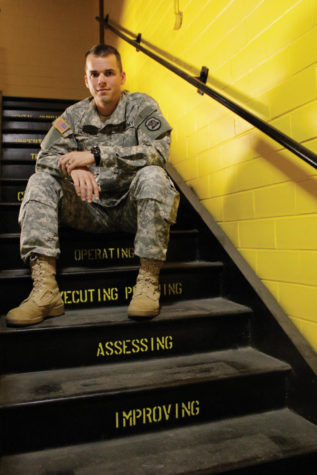International students reflect on 9/11
September 9, 2011
“Nobody could even imagine it being a Muslim after that.”
Muhammad Aurang Zaib is a graduate student in agronomy who experienced firsthand the shock of the World Trade Center terrorist attacks and the ensuing anti-Muslim sentiment in much of the United States.
Most estimates claim that Muslims make up nearly one-fourth of the world and nearly 3 million Muslims live in the United States of both American Muslims and immigrants from Islamic countries as well.
Iowa State itself has a large international student population, many of whom are from Islamic countries. However, many of the international students remember the historic event and were deeply impacted, even though it was not committed on their home soil. Many chose the United States to pursue their undergraduate and graduate educations.
Aurang Zaib is a Pakistani national and was in his undergraduate studies during the fall of 2001. He still remembers the reaction of his countrymen and the United States when they discovered who was behind the attacks.
“We cannot even imagine this kind of activity attributed to a Muslim,” he said. “It is in the Koran that if you have killed one human being, it is equivalent to killing a whole humanity.”
However, he decided to pursue his education in the United States, but his visa applications were repeatedly rejected by the Department of State.
Cezlynn See, senior in chemical engineering from Malaysia, is another international student at Iowa State and was still in elementary school in 2001. She distinctly remembers the events of the fateful day, though.
“It was shocking, even for a fourth-grader,” See said. “I thought it was a pretty big event, a pretty big strike to another country.”
However, she also agrees with Aurang Zaib’s sentiment about misconceptions about the Islamic faith that remain, even today.
“I personally think that strike makes a false perception to a lot of Americans about the Muslim world,” See said. “I believe that there is something we have to do about it because it gives a bad perception.”
Ambika Karkee, graduate student in agricultural and biosystems engineering from Nepal, also vividly remembers hearing the news. Although many Nepalese people did not directly relate to the event, they shared in mourning with the United States.
“I was doing my undergrad back in my home country, Nepal, when I heard the news about Sept. 11,” Karkee said. “Whatever news I followed from my home country during that time, almost all articles seemed sorry to hear such a bad news of the history. I cannot say about each and everyone’s opinions, but in my opinion, everybody feels sorry to hear such an inhumane activity, [the] killing of thousands [of] innocent people.”
Although the American people continue to mourn those lost on Sept. 11, 2001, time has proven that the American public has room for forgiveness.
Aurang Zaib continued to fight for a visa to study in the United States. After being successfully admitted, he is currently studying agronomy and is happy with his education and to be in the U.S.
“[Americans] have forgiven the people,” he said. “I’m still here. I’m studying here.”









